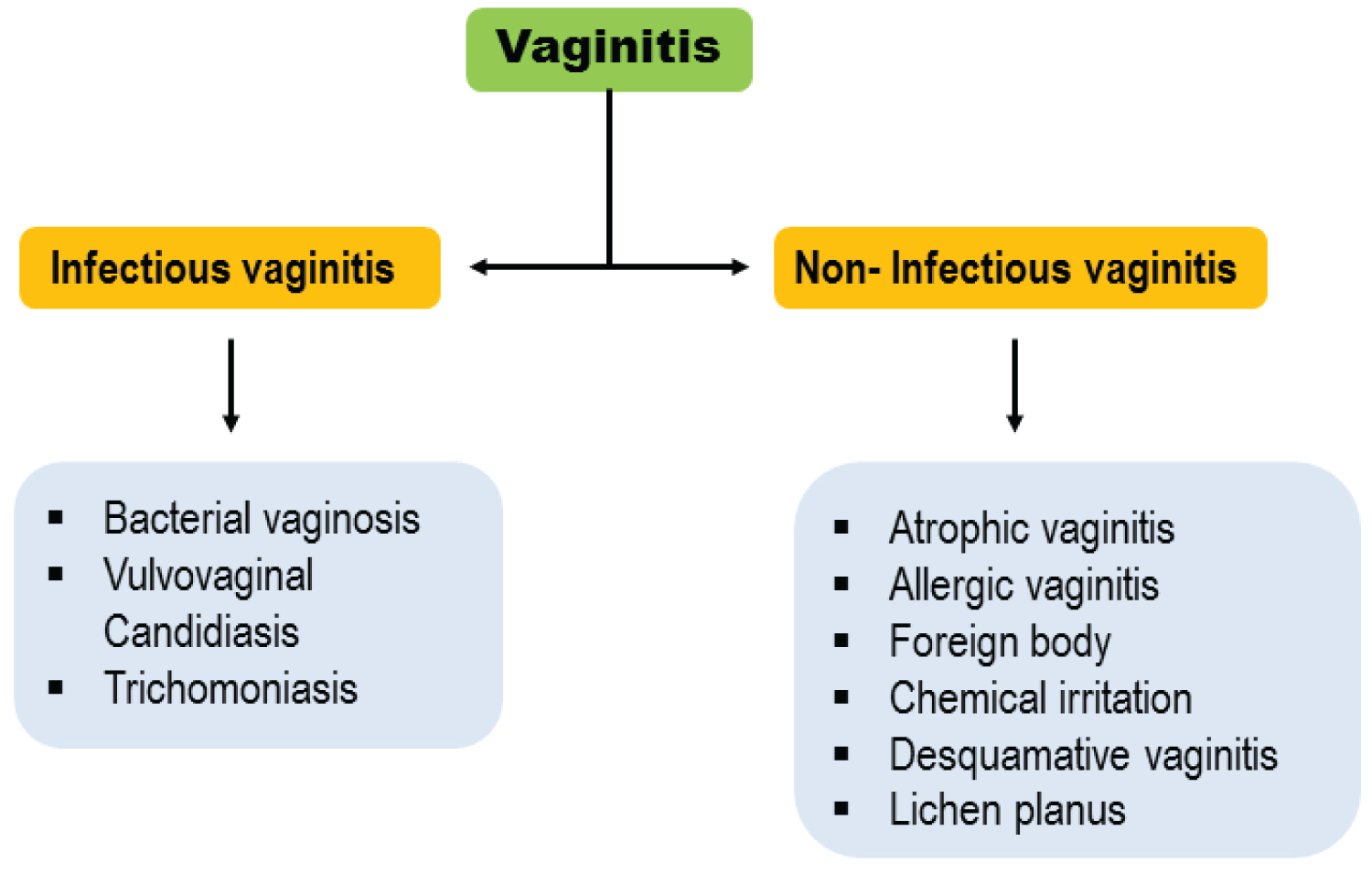
Understanding the Key Differences Between Fad Diets and Low-Calorie Diets: Why It Matters in 2025
In the ever-evolving world of nutrition, understanding the differences between fad diets and low-calorie diets has become increasingly important. As we step into 2025, the quest for effective weight loss strategies continues to be a priority for many individuals. Fad diets, characterized by their short-term and often unsustainable approaches, frequently promise quick weight loss but can lead to nutritional deficiencies and health risks. On the other hand, low-calorie diets focus on calorie intake management while promoting balanced nutrition and sustainable weight loss.
This article delves into the critical distinctions between these two dieting strategies, guiding readers through their impacts on weight loss, metabolic health, and long-term lifestyle changes. We will explore fad diet examples, the benefits of low-calorie diets, and the necessary considerations for adopting healthier eating habits. Key takeaways will assist you in identifying the right dietary approach for your personal weight loss goals.

Key Differences Between Fad Diets and Low-Calorie Diets
The Concept of Fad Diets
Fad diets often promise rapid weight loss by promoting extreme dietary restrictions and simplifying the complex process of weight management. They tend to focus on specific food groups or macronutrients while eliminating others, which can lead to an imbalance in nutrient intake. Common examples of fad diets include the Atkins diet, juice cleanses, and various celebrity-endorsed diets that claim remarkable results in a short time.
While some individuals may experience initial quick weight loss due to severe calorie restriction, these diets are often ineffective for long-term weight management. Many people face the risk of returning to previous eating habits, leading to the 'yo-yo dieting' effect—an endless cycle of weight loss and gain which can adversely affect metabolic health and psychological well-being.
Low-Calorie Diets Explained
In contrast, low-calorie diets promote a more moderate approach to weight loss, focusing primarily on creating a calorie deficit without sacrificing essential nutrients. These diets often incorporate a balanced intake of lean proteins, healthy fats, and complex carbohydrates, supporting overall energy balance and nutrition. For instance, structured low-calorie meal plans prioritize meal portions and nutrient-dense foods capable of satisfying hunger while still enabling weight loss.
Furthermore, low-calorie diets are generally sustainable and easier to maintain over the long term compared to their fad counterparts. They encourage mindful eating, including awareness of hunger cues and meal timing, which helps in fostering healthier eating habits and enhancing life satisfaction.
Health Risks Associated with Fad Diets
The allure of fad diets can lead to numerous health concerns. Many individuals who participate in fad diets often do so without professional guidance, which can result in inadequate nutritional intake. This nutrient scarcity may cause physical ailments and psychological impacts, affecting self-esteem and adherence to healthy eating practices.
Moreover, extreme dietary restrictions can lead to eating disorders or a dysfunctional relationship with food. Such risks highlight the importance of diet education and the need to approach weight management flexibly and healthily.
Benefits of Low-Calorie Diets
Promoting Nutritional Balance
One of the key advantages of low-calorie diets lies in their ability to provide a balanced intake of essential nutrients while facilitating weight loss. These diets emphasize the consumption of high-fiber and nutrient-rich foods, aiding in hunger satisfaction and improved digestion. For example, incorporating fruits, vegetables, lean proteins, and whole grains can support not only weight management but overall physical health as well.
Additionally, low-calorie diets facilitate meal planning and preparation, encouraging individuals to learn cooking techniques and make informed food choices that contribute to a healthy lifestyle.
Enhanced Metabolic Rate
Low-calorie diets can also help in boosting metabolic rate when followed correctly. Incorporating sufficient protein while managing calorie intake has been shown to increase muscle mass, positively influencing metabolism. As muscle tissues require more energy to maintain, individuals may experience improved calorie expenditure, facilitating a better weight loss outcome.
Through effective meal planning and portion control, individuals on low-calorie diets can achieve a well-rounded meal frequency that aligns with their body's metabolic demands.
Psychological Benefits and Behavior Changes
Beyond physical health, low-calorie diets have demonstrated positive psychological effects when adhered to safely. Establishing a consistent eating pattern promotes a conducive environment for making healthier food choices while mitigating cravings and emotional eating. The emphasis on mindful eating practices cultivates a deeper appreciation for food quality and helps individuals establish a healthier relationship with eating.
Furthermore, engaging in communities or support groups can enhance motivation levels and accountability, ultimately leading to long-lasting behavioral changes that reflect a commitment to a healthier lifestyle.
Overcoming Dieting Myths
Understanding Dieting Myths
Myths concerning dieting principles can create confusion and hinder progress towards weight management goals. Questions regarding caloric consumption, meal timing, and food labeling can deter individuals from making empowered dietary choices. Comprehensive nutrition education provides clarity on these aspects, allowing for informed decision-making to meet individual health objectives.
Key Behavioral Changes for Success
Success in adopting sustainable dietary patterns often hinges on recognizing and addressing emotional aspects related to food intake. Understanding personal triggers for emotional eating, gaining insights into hunger signals, and developing behavioral modification techniques can significantly improve adherence to low-calorie diets.
Smart Food Choices and Substitutions
Making informed food choices is vital for overcoming dieting myths and maintaining a healthy weight. Practical strategies such as portion control, the appreciation of food, and embracing food variety help to mitigate cravings and embrace a balanced diet. Exploring food substitutions that prioritize nutrient density over calorie count can further enhance satisfaction and support health goals.

Conclusion: Choosing the Right Diet for You
In conclusion, understanding the differences between fad diets and low-calorie diets is crucial for effective weight management in 2025. While fad diets may offer fleeting results, they often lead to adverse health effects and unsustainable practices. Low-calorie diets, grounded in balanced nutrition, promote lasting changes in eating habits while supporting overall health.
As you embark on your weight loss journey, consider consulting with a dietitian to tailor an individualized nutrition plan that meets your specific needs. Embracing healthy eating habits, enhancing food literacy, and engaging in regular physical activity can collectively contribute to your long-term well-being. Prioritize sustainable dietary approaches that cultivate not just weight loss but also a fulfilling and healthy life.